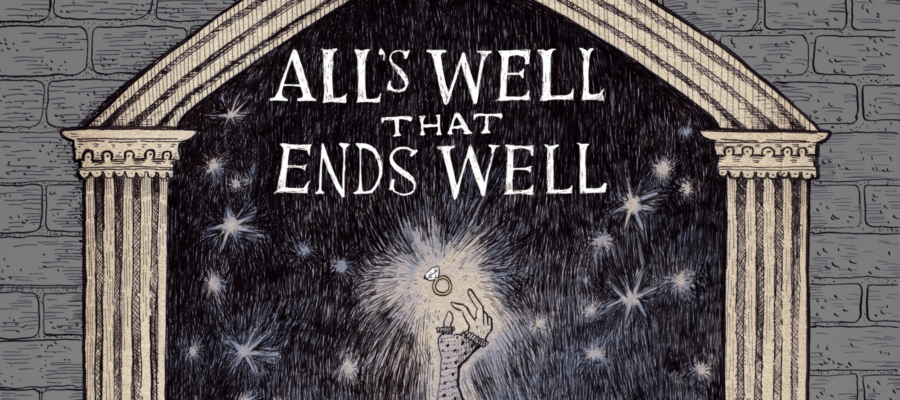Sana Naheed
The publication of “Kavita Ka Kaam Aansoo Ponchana Nahi” (It’s Not Poetry’s Job To Wipe Away Tears) marks a significant moment in Indian literary and political discourse. This collection of 84 translated Palestinian poems, featuring prominent voices like Mahmoud Darwish and Refaat Alareer, challenges the near silence in India regarding the ongoing conflict and Israeli violence against Palestinians.
The anthology “Kavita Ka Kaam Aansoo Ponchana Nahi” (It’s Not Poetry’s Job To Wipe Away Tears) marks a significant moment in Indian literary and political discourse. Featuring translations of works by 32 prominent Palestinian poets, it challenges the near-silence on the Israeli-Palestinian conflict in India and amplifies the voices of those experiencing ongoing occupation and violence.
The volume’s title itself is a powerful statement. It rejects the notion of poetry as a mere solace for suffering, instead asserting its role as a tool for awareness, resistance, and the articulation of pain. The poems, spanning generations and diverse voices, offer a multifaceted perspective on the Palestinian experience, encompassing not only lament but also resilience, hope, and the unwavering pursuit of justice.
The translators and editor highlight the urgency of their endeavor. Driven by a sense of responsibility and solidarity with the oppressed, they aim to rekindle the long-standing Indian tradition of supporting anti-colonial struggles. They point to the lack of public protests and campus activism in India compared to other parts of the world, and see the anthology as a way to bridge this gap and bring the Palestinian reality closer to Hindi-speaking audiences.
The inclusion of Alareer’s poem “If I Must Die,” written just before his death, adds a poignant layer to the collection. His words, translated into numerous languages and widely shared, resonate with a stark immediacy, reminding us of the human cost of conflict and the enduring power of hope even in the face of despair.
Yadvendra, one of the translators, captures the essence of their mission: to stand with the Palestinian people through poetry. He recognizes the attempt to erase Palestinian history and identity, and sees the translation and dissemination of their voices as a crucial act of resistance and solidarity.
“Kavita Ka Kaam Aansoo Ponchana Nahi” is more than just a literary work; it’s a political and ethical intervention. It breaks the silence, challenges narratives, and offers a platform for empathy and understanding. By amplifying Palestinian voices, the anthology reaffirms the power of art to bridge cultural divides and contribute to a more just and equitable world.
The act of translating and publishing these poems transcends the boundaries of language and literature. It becomes a tangible act of solidarity, a way for Hindi writers to connect with the Palestinian experience and share it with their own readers. This gesture signifies the enduring human spirit that seeks understanding, compassion, and a call for justice across cultures and borders.
Overall, “Kavita Ka Kaam Aansoo Ponchana Nahi” is a valuable contribution to the ongoing discourse about the Israeli-Palestinian conflict. By amplifying Palestinian voices and fostering empathy through poetry, the project can potentially bridge divides, spark critical conversations, and inspire action for a more just future.
Please, subscribe to the YouTube channel of republicpolicy.com















